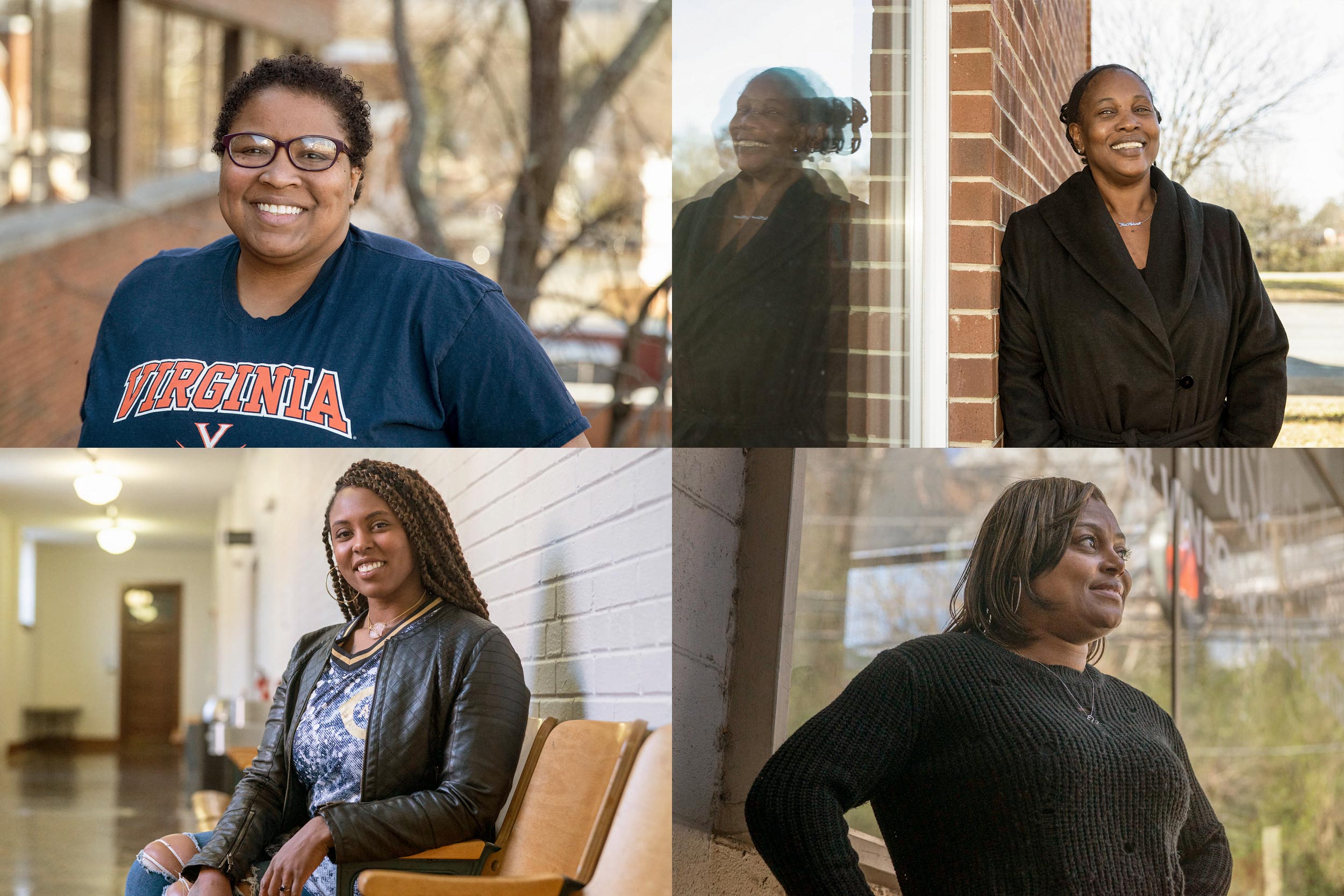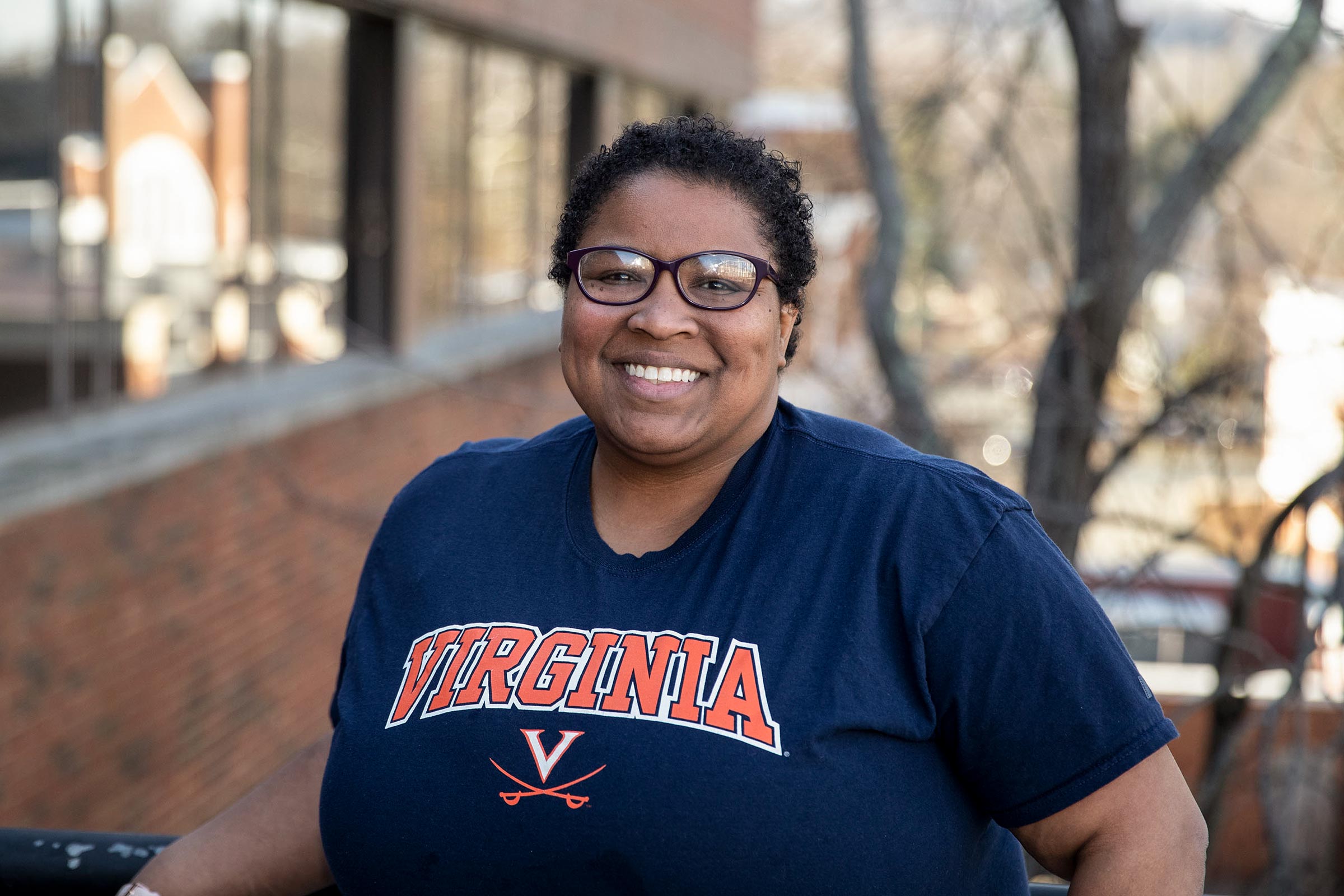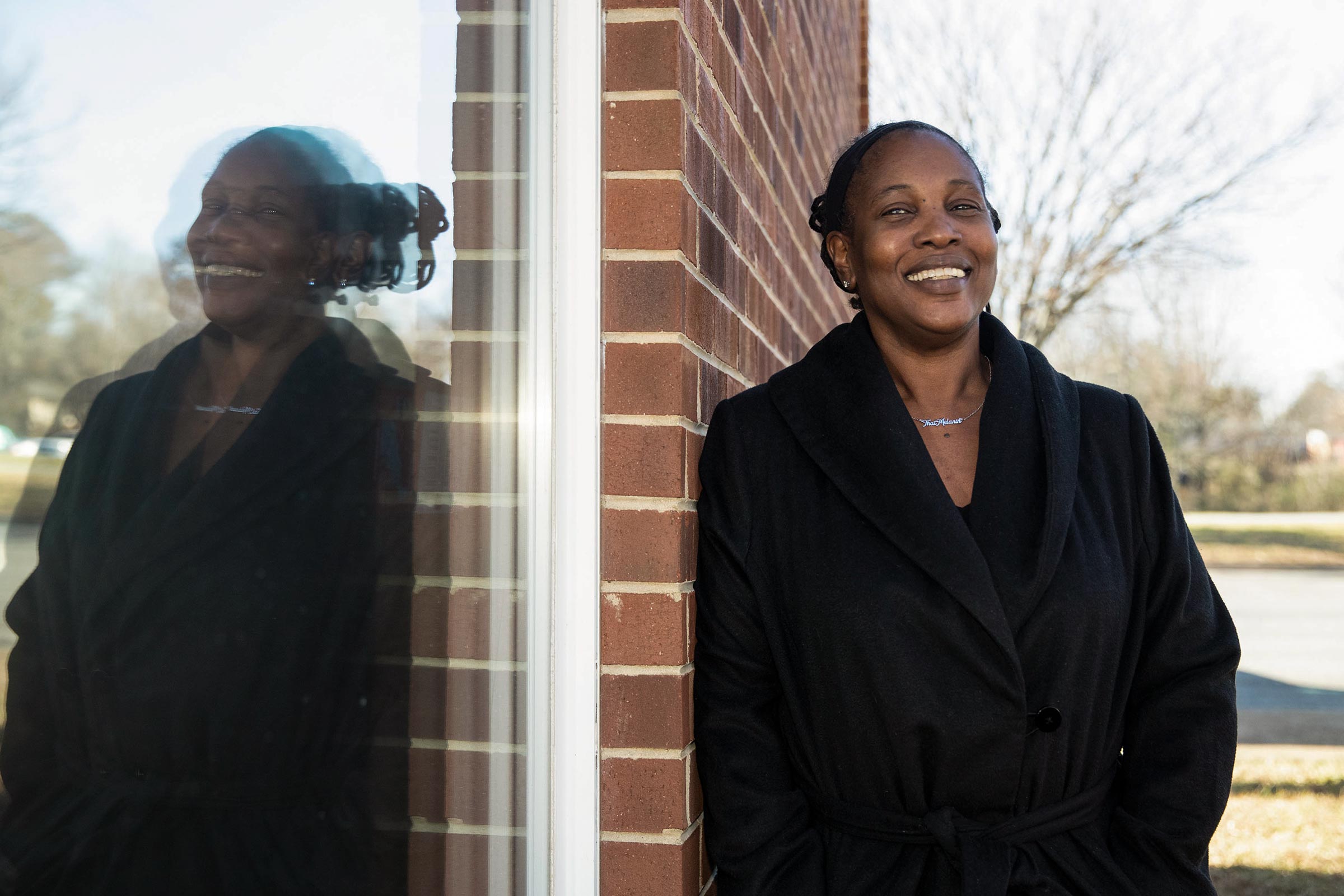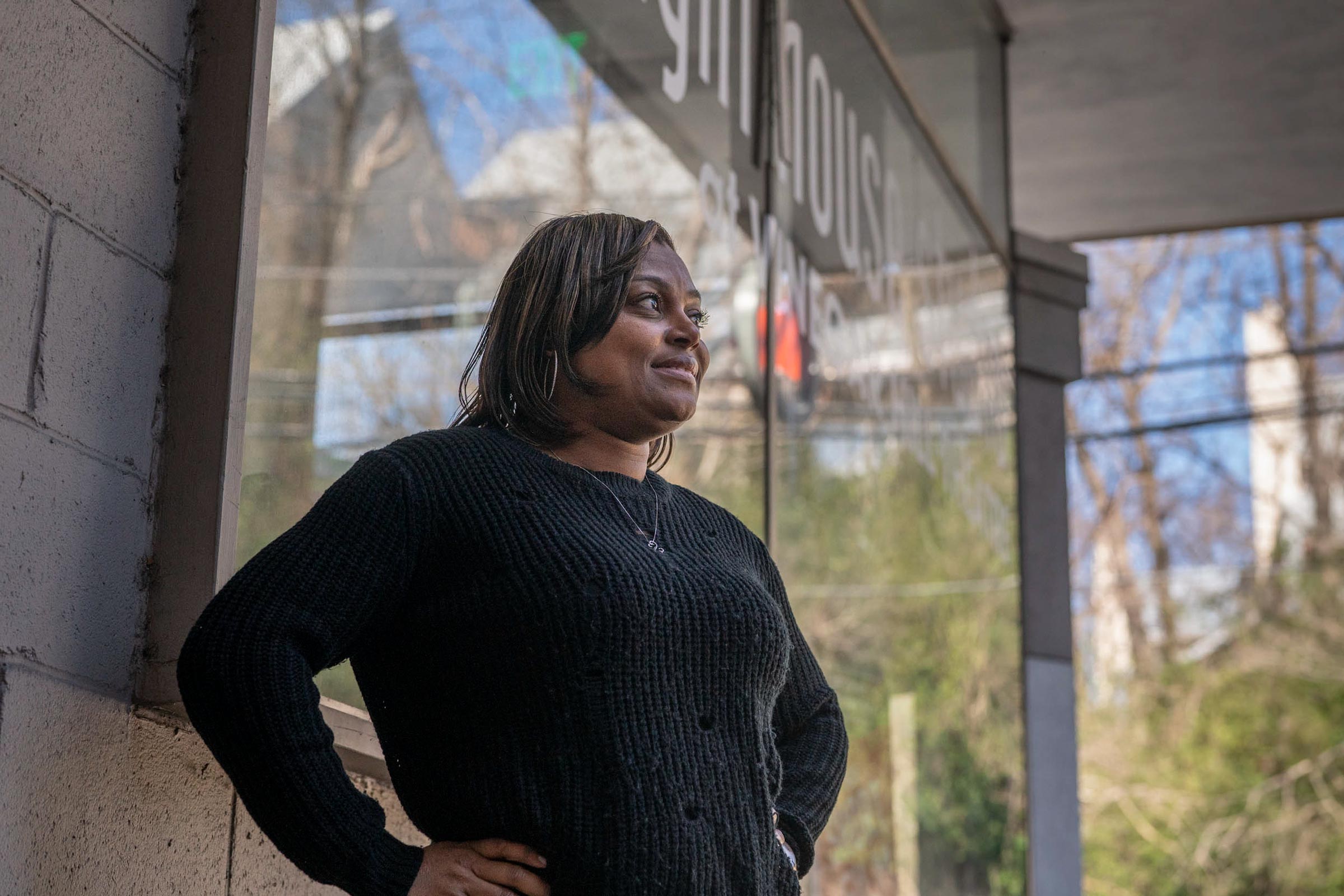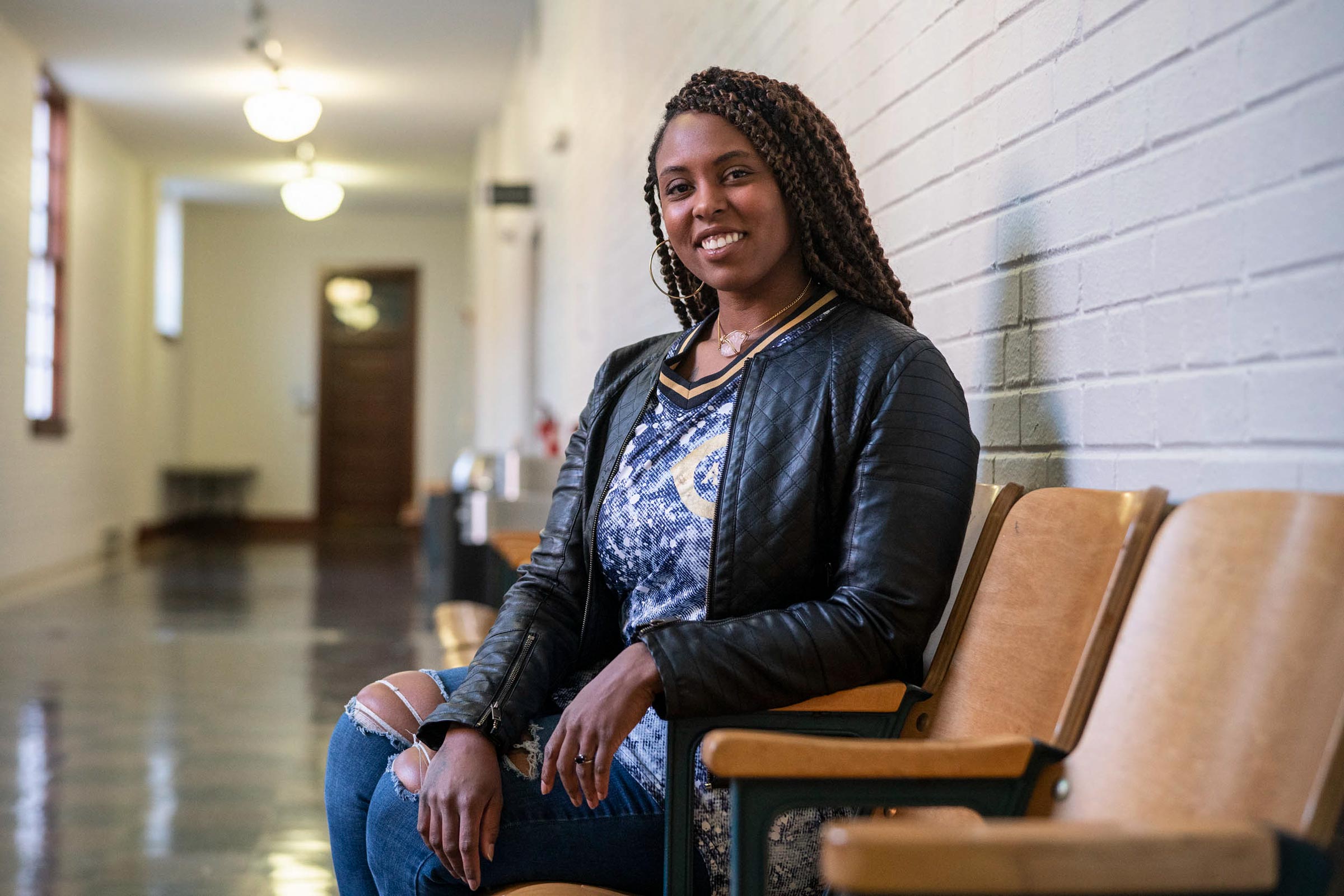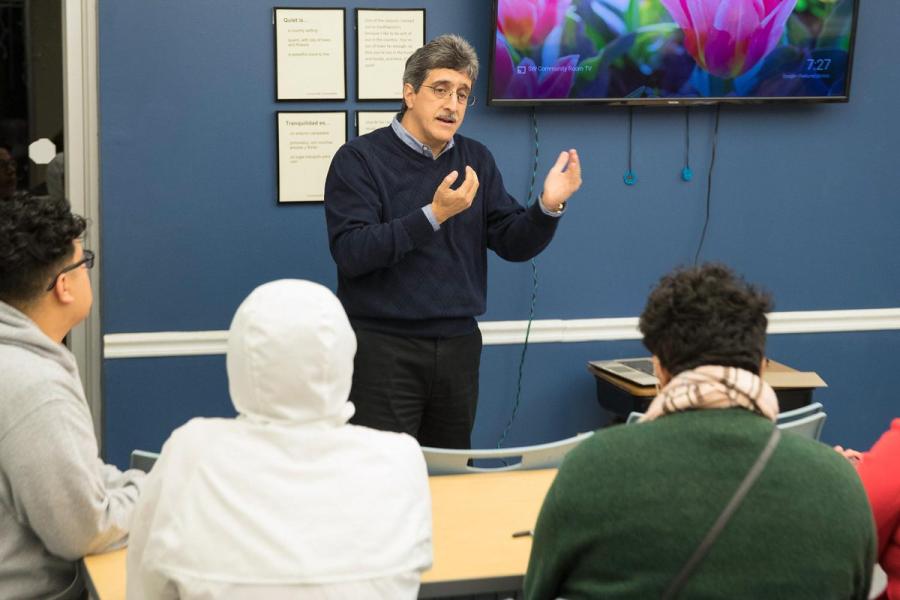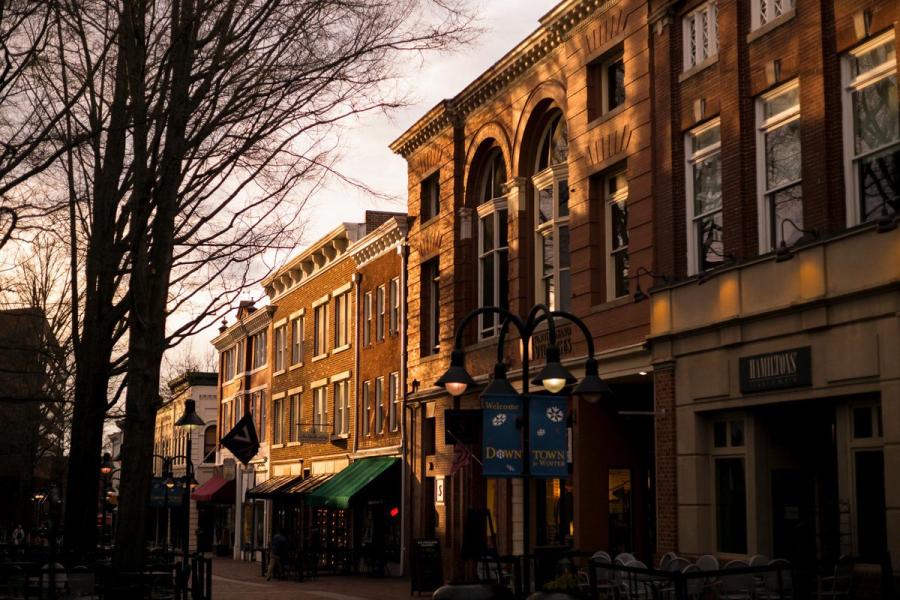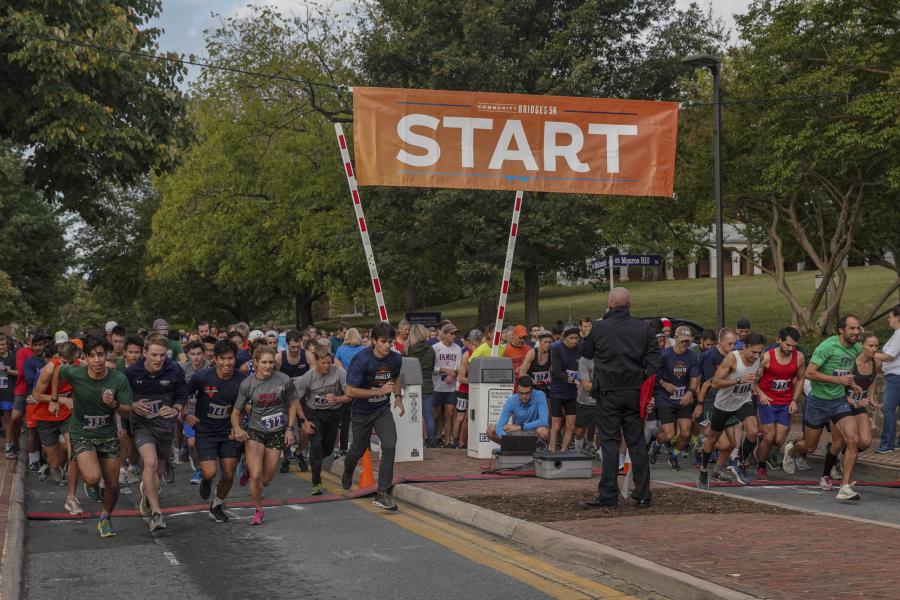Anderson, founder and director of the Brave Souls on Fire organization focused on black mental health, is working to bring mental health care to a place where African American women already feel comfortable, welcomed and supported: local salons.
“African American women are among the least likely groups to seek mental health care, both because of stigma within the African American community and, on a greater level, disparities and inequities in mental health care,” said Anderson, a longtime activist for equality in mental health care who was named a “Health Hero” by O (Oprah) Magazine in 2017.
“On a personal level, I have experienced engaging with the mental health system myself, and I understand how it can be an unwelcoming space, a space that doesn’t feel very culturally competent or comfortable,” she said.
On the other hand, salons are already in embedded in communities as a natural gathering place and source of support.
“We can bring mental health services to a space that black women already frequent, where they already feel safe and have established relationships,” Anderson said. “It’s a practical way to give them the information and support they need in a space that feels safe and liberating.”
To test her idea, Anderson held a pilot event this summer at Natre’al Hair Design in Charlottesville. To her delight, it was packed.
“It was standing room only, and there were stylists cutting hair while we had a candid, authentic conversation, right there in the beauty shop, about why we are not engaging in mental health care,” she said. “It went even better than I anticipated, and I loved that there were lots of teenagers there, and lots of different age groups, because it was a space where everyone felt comfortable.”
At UVA, Anderson will work to expand her idea to other local salons, and study similar programs, including a “Mindful Beauty” program launched by health care company Kaiser Permanente to train African American stylists to spot signs of depression in their customers. Anderson sees that training as a good next step for her program, and also hopes to work with local nurses to provide basic health care services, such as blood pressure checks, at the salon meetings. Her mentor, Ivora Hinton in UVA’s Office for Nursing Research, specializes in community mental health programs.
“I am excited to talk with Ivy and others, and to have a university back up what I am doing. I think that carries a lot of weight, especially when seeking grants and other support,” Anderson said.
More personally, Anderson also noted that one of her ancestors, Thrimston Hern, was an enslaved laborer at UVA and Monticello. Historical records note that he laid the stones that form the steps of the Rotunda.
“It’s just a feeling that I cannot describe, to know that I am now a fellow in that same space,” Anderson said.
Libby Edwards-Allbaugh
Project: Youth financial literacy program through 100 Black Women of the Charlottesville Metropolitan Area
